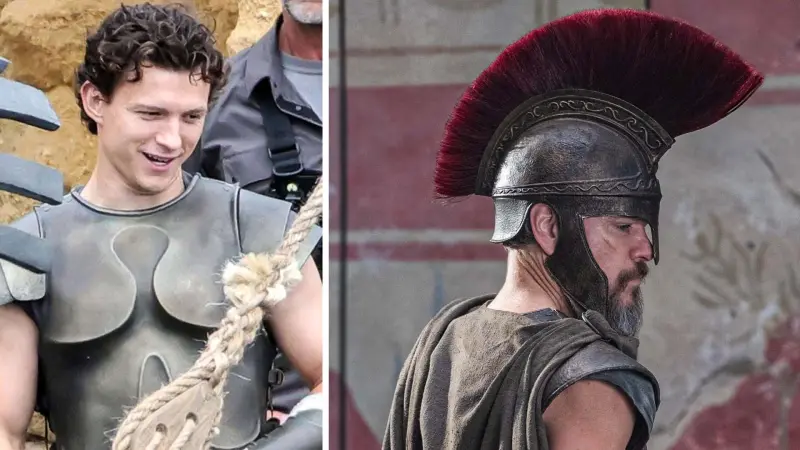In today’s video, we’re going to dive into the story of the lost city of Atlantis. More than eleven thousand years ago the nations of the Mediterranean were attacked by a dominant naval power, hailing from outside the Pillars of Heracles. These invading Atlanteans sought to enslave all peoples within the pillars, only to be thwarted at the final hour by the Hellenes, the virtuous ancestors of the ancient Greeks who trace their lineage back to Athena herself. Though the Mediterranean was freed from subjugation, the conflict was not punctuated by a resounding victory but by the opening of the earth’s cavernous and gnashing jaws - this unleashing sundering quakes and swallowing floods. In the resulting cataclysm, all the fighting men of the Hellenes sank into the earth, and:
“…in a single day and night of misfortune… the island of Atlantis in like manner disappeared into the depths of the sea.”
The story of Atlantis is preserved in the form of two dialogues by Plato, the Timaeus and the Critias, written circa 360 BC. The dialogues contain nested narratives passed down orally for over 200 years, and we’ll read from the core narrative today. It follows Solon, a law-maker and poet of ancient Athens, who traveled to Egypt around 600 BC, and there learned of his own people’s history from an agéd Egyptian priest. Solon’s account of these teachings, which are the earliest references to Atlantis in the literary record, are summarized in the "Timaeus" and detailed in the "Critias", though the latter dialogue survives only in part.
In the "Timaeus", the story of Atlantis is introduced, albeit briefly. Both dialogues feature Socrates in conversation with three interlocutors - Timaeus, Critias, and Hermocrates. (Interlocutor, if you didn’t know, is a formal word that denotes a participant in a conversation or dialogue.) Timaeus, a Pythagorean philosopher, is the primary speaker in the first dialogue, though he does not speak on Atlantis, instead presenting a complex and allegorical account of the creation of the universe, the Earth, human beings, and the cosmos.






